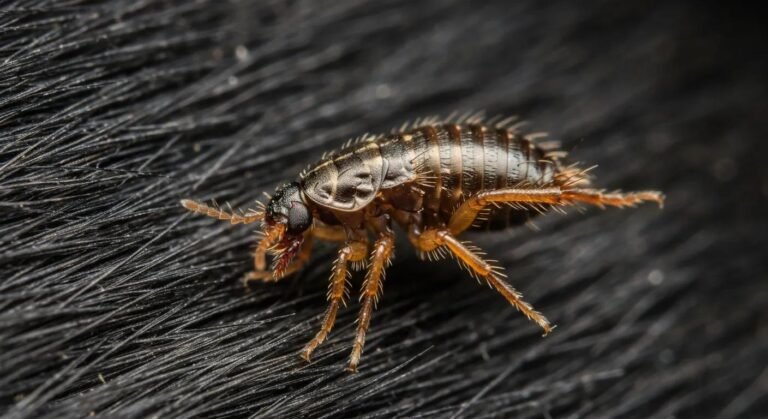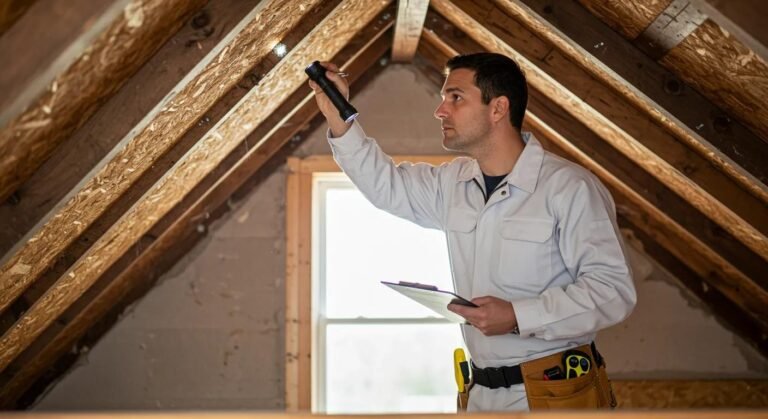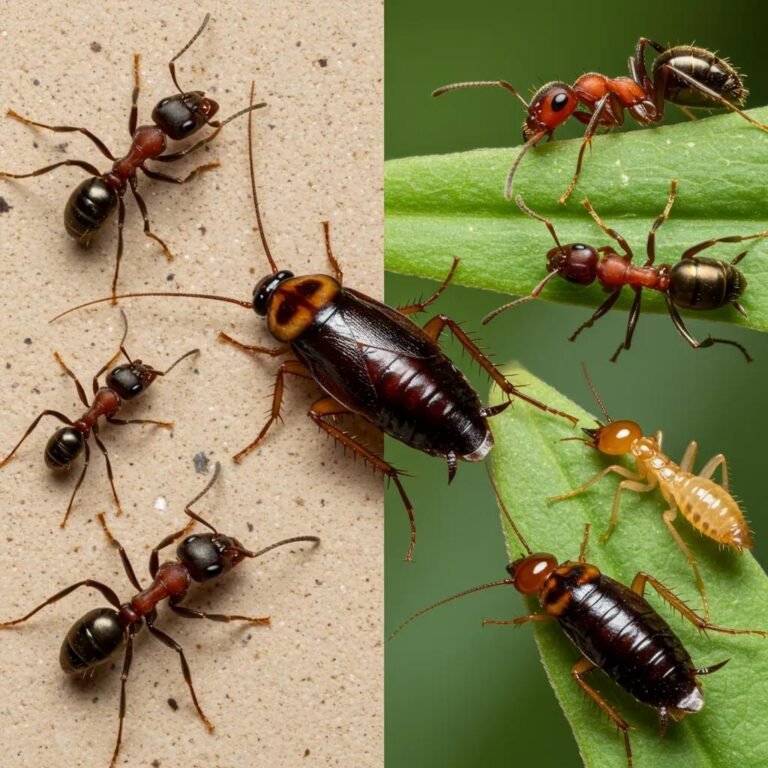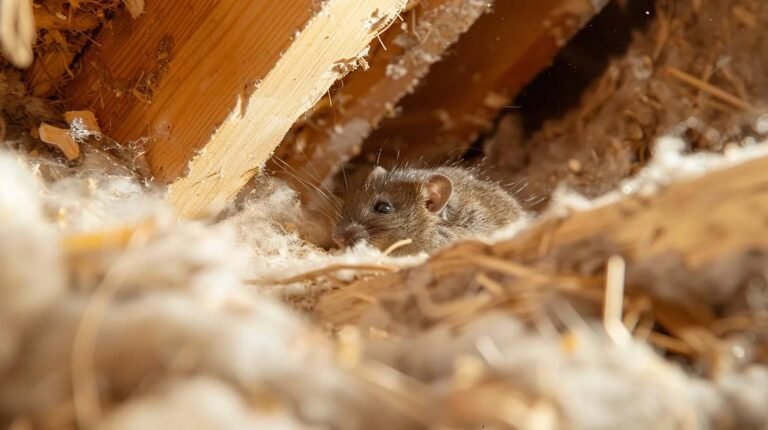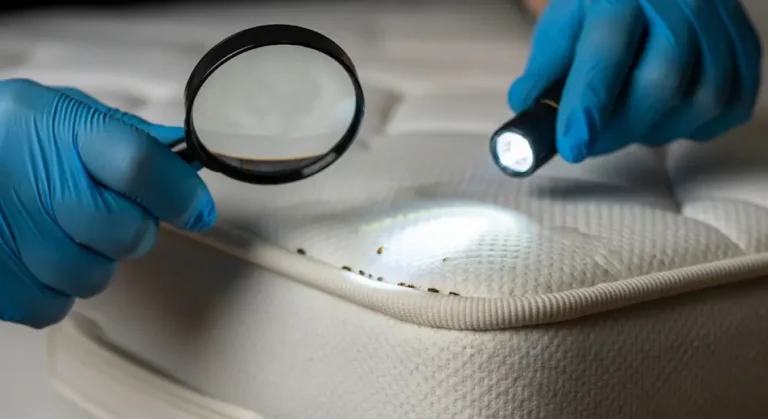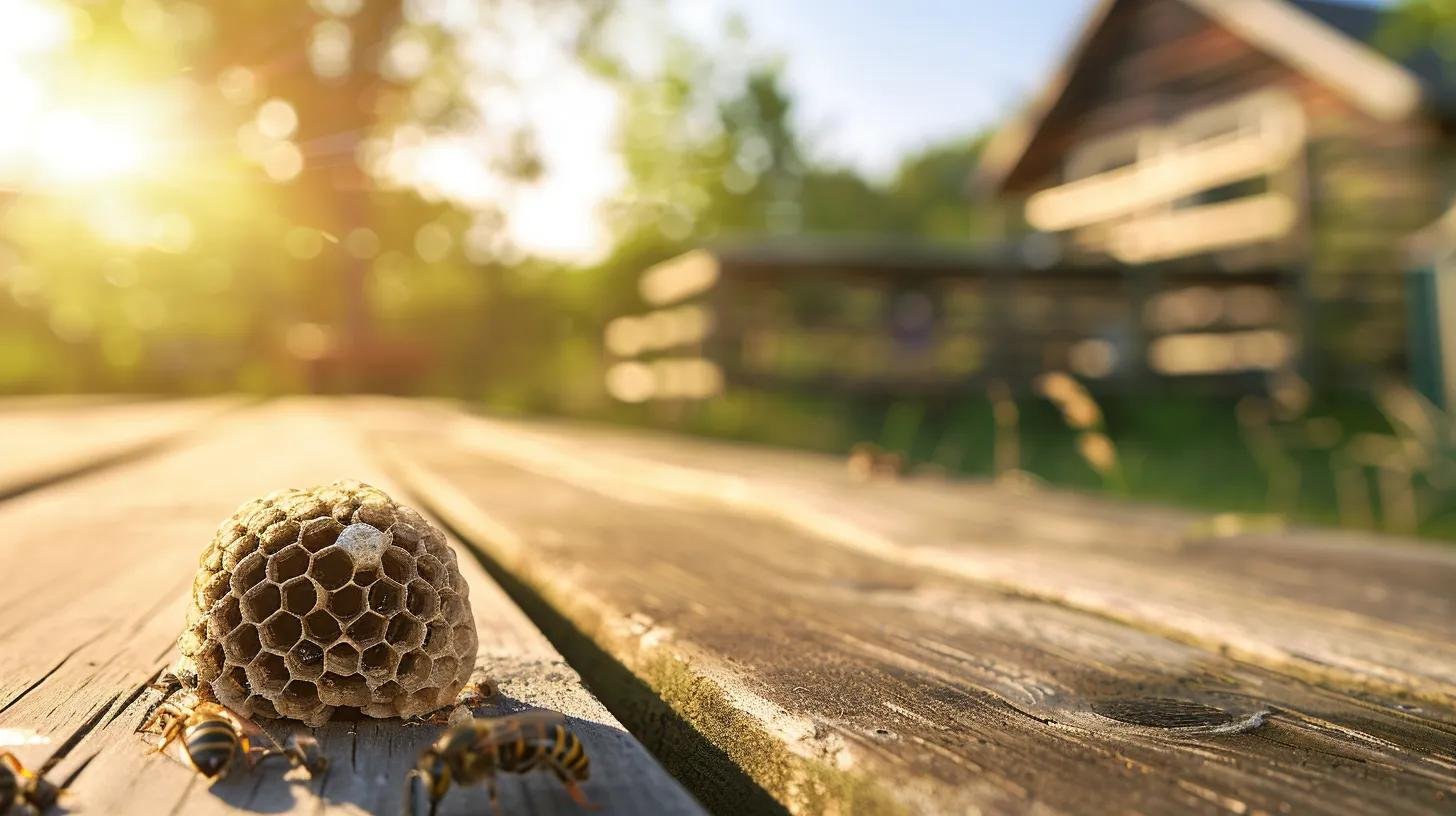
As South Florida transitions into fall, homeowners often notice a spike in wasp and bee activity — and yes, they get meaner this time of year. That’s because these stinging insects are running out of food and protecting their colonies more fiercely than ever. The result? More nests around your home and a higher risk of painful (and potentially dangerous) stings.
Understanding why wasps and bees act this way — and what to do about it — can help you prevent infestations before they turn your backyard into a no-go zone.
Why Wasps and Bees Get Aggressive in Fall
As the season cools down, food sources start drying up. Nectar, fruit, and other insect prey become scarce, so wasps and bees turn to easy sugar sources — your soda cans, trash bins, and outdoor dining areas. At the same time, colonies are protecting new queens, which triggers hyper-defensive behavior.
Peak Colony Defenses
By fall, wasp colonies are massive, sometimes with thousands of workers. They’re on high alert protecting next season’s queens. If you disturb a nest (even by accident), the colony may attack in force.
Food Scarcity = More Aggression
With fewer flowers and insects around, wasps and bees forage closer to people — especially near open trash, uncovered drinks, or fallen fruit.
Weather Stress
Cooler nights and shorter days compress their foraging time, making encounters with humans more likely during peak daylight hours.
Common Fall Stingers in South Florida
Knowing what you’re dealing with helps you respond safely — or better yet, call in the pros before things get ugly.
Yellow Jackets
These aggressive ground-nesting wasps are notorious in fall. You’ll often find them near lawns, bushes, or garbage cans. Their colonies can hold thousands of wasps, and they can sting repeatedly — not something you want to take on yourself.
Learn more about effective pest control in West Palm Beach and how to keep aggressive pests like yellow jackets away from your home.
Paper Wasps
You’ll spot their umbrella-shaped nests under eaves, porches, and attic vents. Paper wasps aren’t as hostile as yellow jackets, but disturb their nests in fall and you’ll quickly find out how fast they can mobilize.
If you’ve noticed paper wasps hanging around your property, see our Florida wasp control and removal guide for safe solutions.
Hornets
Hornet nests can grow as large as basketballs and are often built high in trees or under roofs. They’re powerful defenders and should always be handled by a professional pest control expert.
Honeybees (and Africanized Bees)
Honeybees are generally helpful and calm, but in South Florida, Africanized “killer” bees are also present — and they’re much more defensive. If you’re unsure which kind you’re dealing with, leave it alone and contact a bee removal specialist immediately.
How to Identify and Prevent Nests
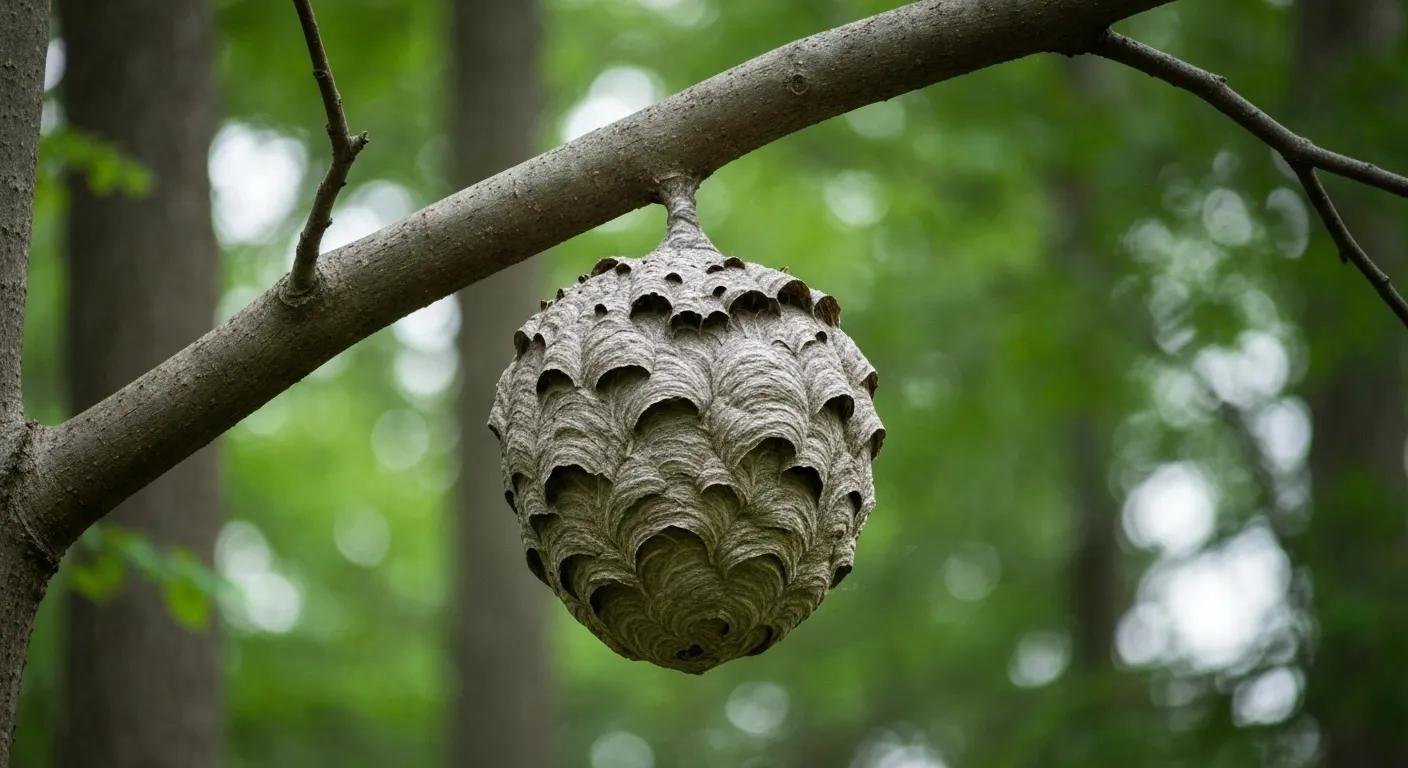
Wasps and bees are sneaky builders. Here’s where to check:
- Under eaves, deck rails, or attic vents
- In shrubs or tree branches
- Inside wall voids, roofs, or ground burrows
- Around outdoor lighting fixtures or grills
Early detection is key. If you spot increased activity in one area, observe from a safe distance. Never poke, spray, or block nest entrances — that’s how attacks start.
For detailed prevention advice, check out our Seasonal Pest Prevention Guide for South Florida Homes.
DIY vs. Professional Wasp and Bee Removal
You’ve probably seen a few “DIY wasp spray” videos online. Spoiler: they usually end badly. Fall nests are larger, more aggressive, and more dangerous than spring nests.
Here’s when to call a pro:
- Nests are large or hidden (in walls, attics, or underground)
- You’ve been stung before or have allergies
- You suspect Africanized bees
- You just don’t want to risk getting swarmed (smart move)
See why professional pest control beats DIY every time — especially during fall.
Our team uses safe, eco-friendly treatments designed to eliminate colonies completely and prevent them from returning.
Preventing Future Infestations
Once nests are gone, take steps to keep them that way:
- Seal entry points: Gaps in siding, rooflines, and attic vents invite stingers in. Our entry point sealing guide breaks down what to look for.
- Manage trash: Keep bins sealed and clean.
- Remove attractants: Harvest ripe fruit, cover sugary drinks, and clean up after outdoor meals.
- Schedule inspections: Regular home pest control visits can spot new nests early.
When It’s an Emergency
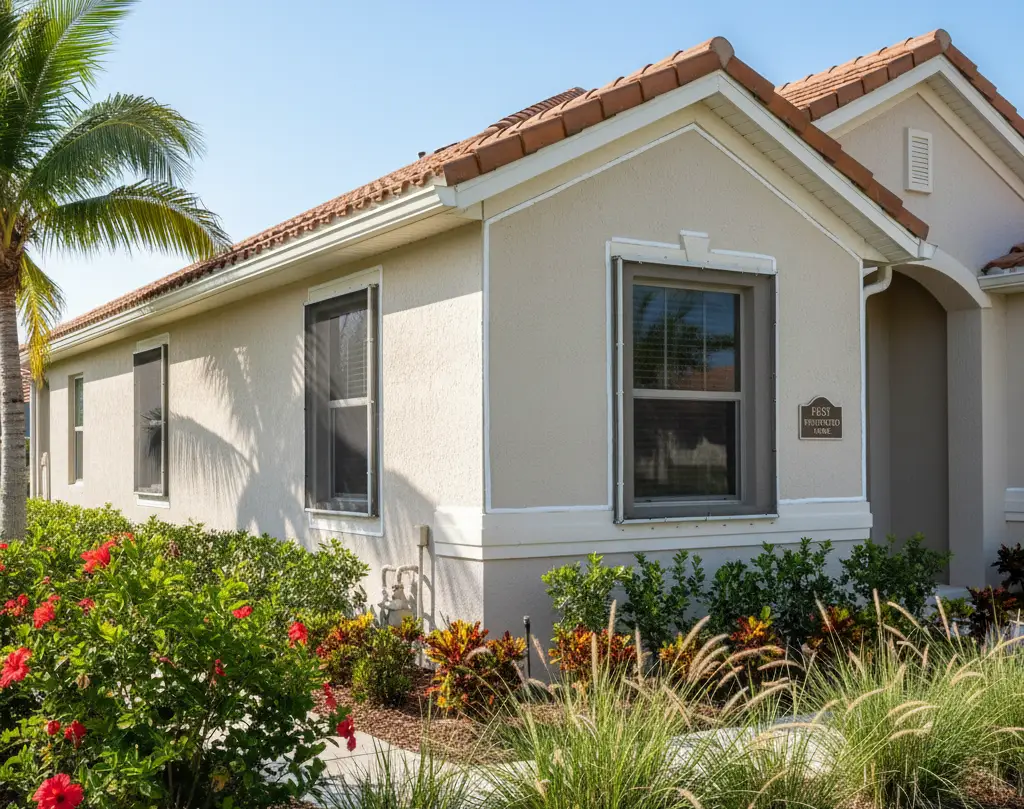
If you or someone nearby gets stung multiple times or shows signs of an allergic reaction (swelling, breathing difficulty, dizziness), call 911 immediately. Then, contact Bugsy’s Emergency Pest Control for same-day service to remove the threat safely.
Stay Protected This Fall
Fall is beautiful in South Florida — but wasps and bees don’t care about your weekend plans. Protect your family, pets, and property with Bugsy’s Wasp and Bee Control Services.
Our local, veteran-owned team knows how to handle the most aggressive colonies safely and efficiently using eco-friendly methods that won’t harm your yard or wildlife.
Don’t risk DIY removal this season.
Call Bugsy’s Pest Solutions at (561) 654-8998 or schedule your inspection online today for safe, professional stinging insect control in Palm Beach and Broward Counties.

